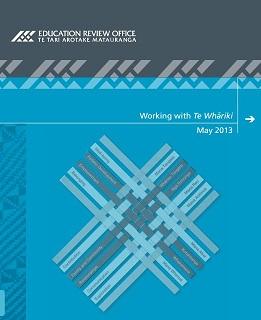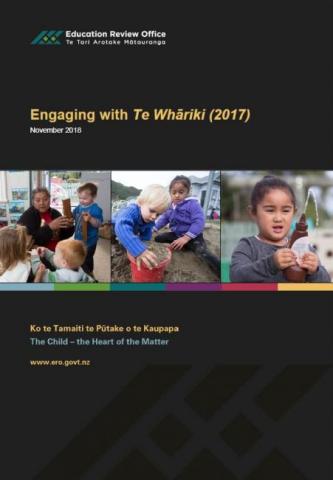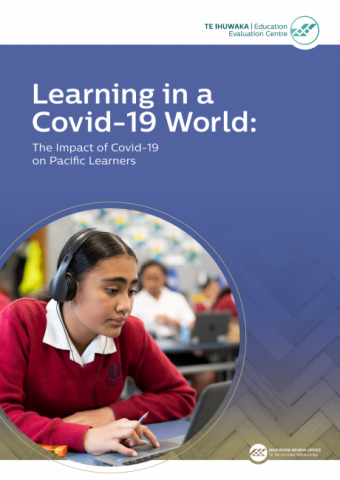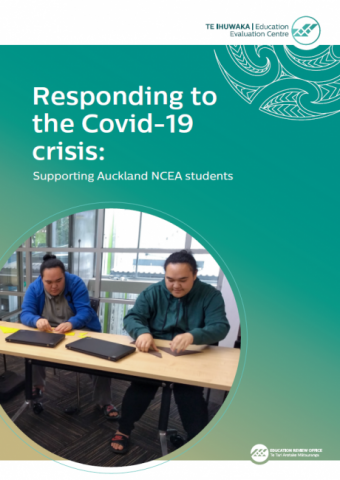Preparedness to implement Te Whāriki (2017)
Published: 27 Jun 2019
ERO is undertaking a series of evaluations on the implementation of Te Whāriki: He whāriki mātauranga mō ngā mokopuna o Aotearoa. This report examines how prepared services are to implement Te Whāriki, including their engagement with professional learning and development, and determining 'what matters here' and next steps.
- Audience:
- Early learning
- Parents
- Content type:
- Research
- Topics:
- Te Whāriki
- Professional capability
- Teachers | Kaiako











